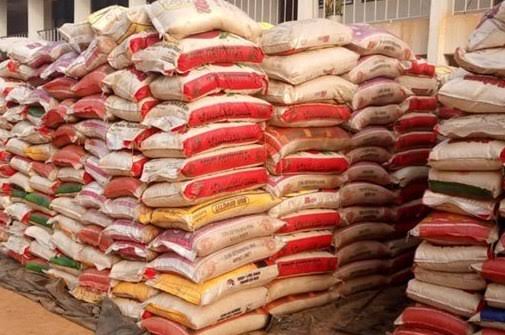
The recent hike in the prices of goods and services in Nigeria has left many Nigerian families struggling to cope with the hardship. Staples such as rice have almost tripled in price, with a bag of rice now costing N77,000.
Inflation continues to rise, hitting a 27-year high of 28.9%. This increase in prices can be attributed to government policies such as the removal of subsidy on petrol and the depreciation of the naira in the foreign exchange market.
The rise in food prices has caused widespread hardship, with residents of major cities taking to the streets to protest. Residents in Lagos have particularly lamented the increase in food prices, stating that it has made life unbearable for them and their families. They are urging the government to intervene before the situation worsens.
Businesses across various sectors are also feeling the impact of the price hikes. Entrepreneurs in skincare, dental, and food retail industries have reported a significant decrease in sales as customers prioritize essential items such as food and transportation. Restocking has become a challenging task as costs continue to soar.
In response to the crisis, the Akwa Ibom State government plans to establish a bulk purchase agency to regulate food prices and bring them within reach of citizens. The Kwara State government has delivered 10,000 bags of rice to labor unions for distribution to their members as palliatives.
Residents of Anambra State are also grappling with the soaring costs of food items due to the rise in the value of the dollar. A bag of foreign rice, for example, now costs N72,000 compared to N51,000 a month ago.
Overall, Nigerians are facing increasing financial challenges as the prices of goods and services continue to rise. The government’s intervention and efforts to provide relief are crucial in alleviating the hardship faced by citizens.
